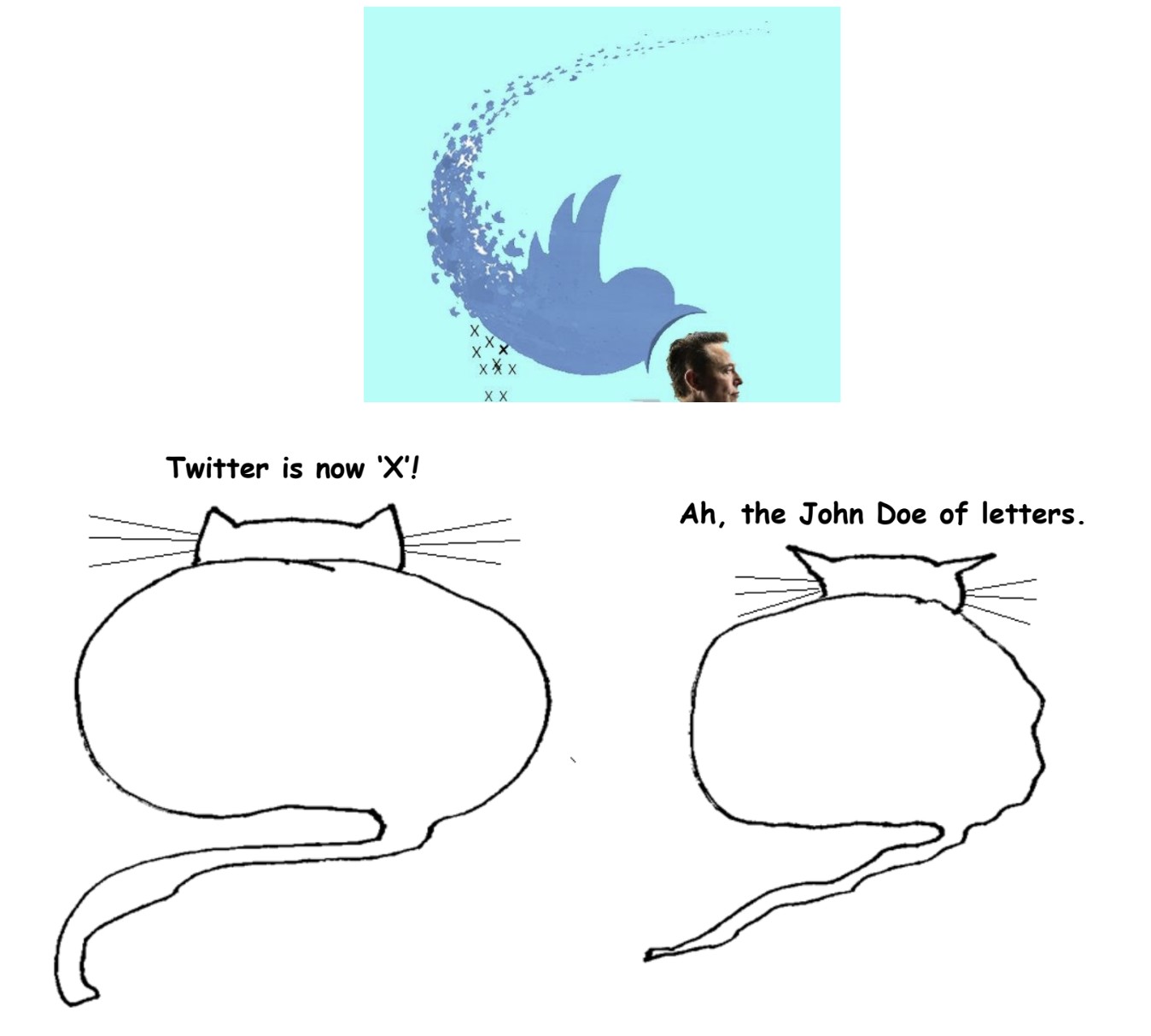by Jerry Cayford

The rigged rules that govern our economy are being rewritten right now. And the fight is fierce. “The most powerful agency you’ve never heard of” (as the media calls the Office of Information and Regulatory Affairs) is revising its main guidance telling federal agencies how to structure regulations. That is, OIRA is rewriting the rules that federal agencies must follow in writing their own rules that govern the industries they regulate.
What makes this rulemaking earthshaking is that the people doing it are trying to unrig decades of rigged rules, and getting pushback from powerful players. The magnitude of the stakes can be seen in the public comments on OIRA’s revision of its guidance, Circular A-4. It’s complicated, obviously, but there is one point on which everything else turns—OIRA’s most controversial and consequential proposal. I am going to explain that central point.
Here is a thumbnail. Agencies are required to use Cost–Benefit Analysis (CBA) to justify their regulations as increasing overall social welfare. A huge contributor to the rigged rules in our society is that this formally mandated Cost–Benefit Analysis has a logical fallacy at its core that systematically favors the wealthy: it defines social welfare as increased by more total wealth (productivity), regardless of who gets the money. This definition of welfare forces federal agencies to design their regulations to maximize wealth, which inevitably favors those who already have it, for many reasons that I throw together under the adage “It takes money to make money.” Think of wealth production as an industry with economies of scale and barriers to entry.
The new proposal changes the rules. It tweaks CBA to weight the dollars a policy generates according to who gets them (and who pays them), instead of just counting the total. It is not a new idea, but it is a radical one, and the hornets’ nest is buzzing. Read more »

 I met Kseniia during my second visit to Ukraine, in June 2023. The moment I met her, I knew that this thirty-four-year-old woman is a special one. Kseniia belongs to the type of women who made Molotov cocktails to help defend Kyiv in March 2022. “I had some romantic idea to create these Molotov cocktails, because I heard that it might come to urban warfare, and I wanted to help. We spent a whole day making them, but the smell of petrol was awful.” Nevertheless, Kseniia made several boxes.
I met Kseniia during my second visit to Ukraine, in June 2023. The moment I met her, I knew that this thirty-four-year-old woman is a special one. Kseniia belongs to the type of women who made Molotov cocktails to help defend Kyiv in March 2022. “I had some romantic idea to create these Molotov cocktails, because I heard that it might come to urban warfare, and I wanted to help. We spent a whole day making them, but the smell of petrol was awful.” Nevertheless, Kseniia made several boxes.
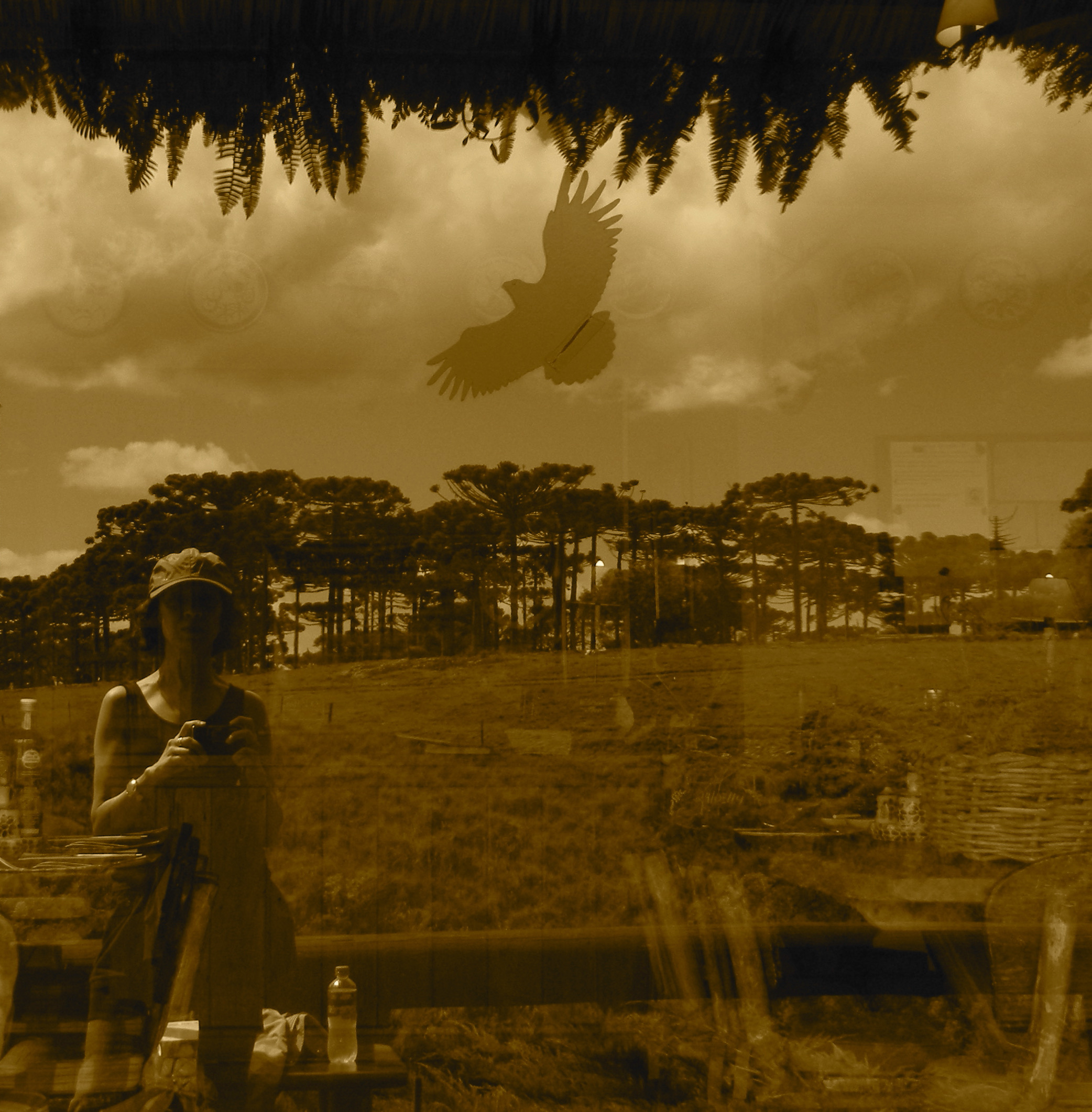 Sughra Raza. Self-portrait at Itaimbezinho Canyon, Brazil, March 2014.
Sughra Raza. Self-portrait at Itaimbezinho Canyon, Brazil, March 2014.

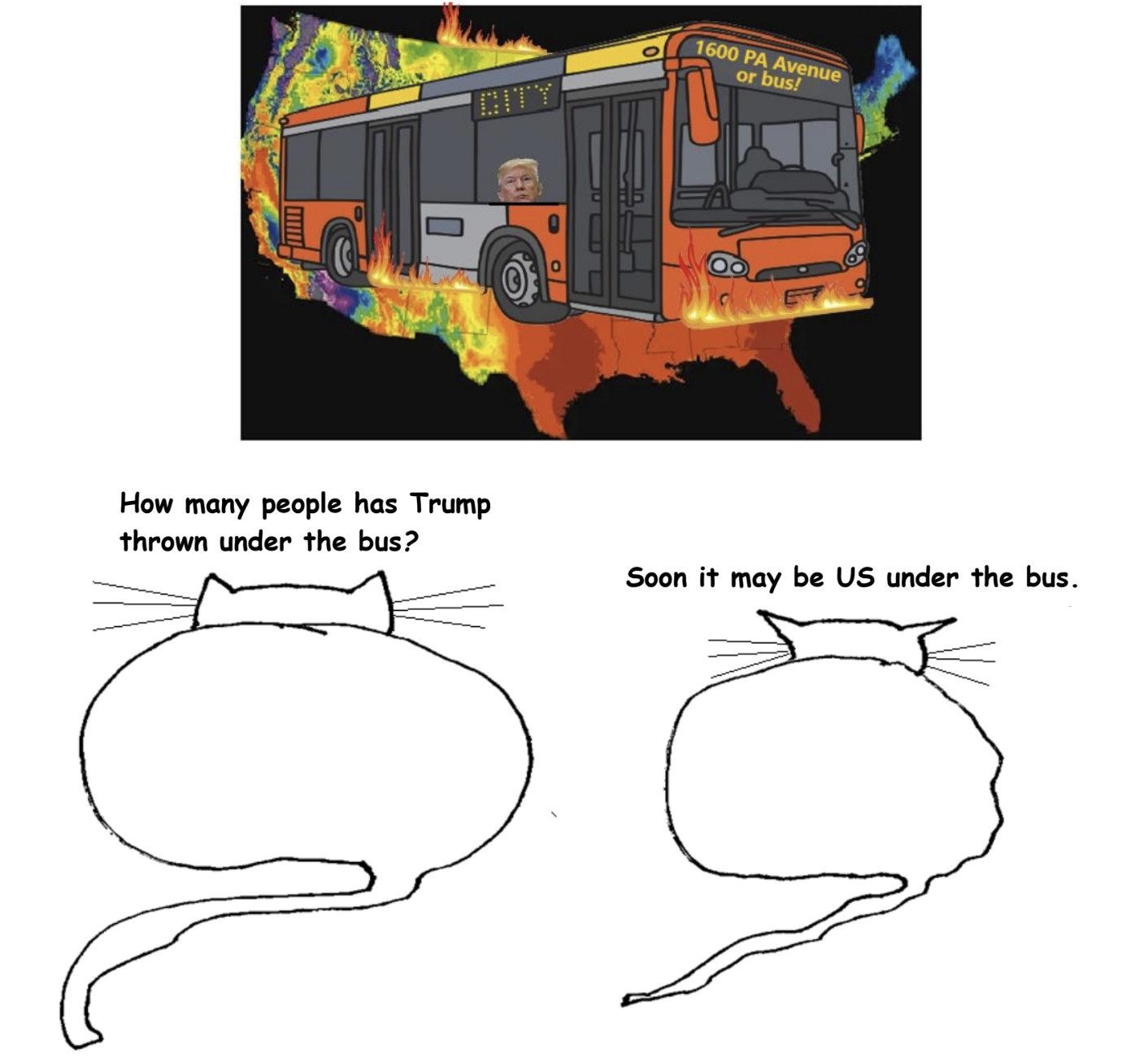
 I picture the LORD God as a child psychologist—very much of a type, vaguely professorial, plucked from the ’50s. Picture him with me: shorn and horn-rimmed, his fingernails immaculate, he’s on his way to a morning appointment. As he kneels in the garden to tie his shoe, his starched white shirtfront strains against his gut.
I picture the LORD God as a child psychologist—very much of a type, vaguely professorial, plucked from the ’50s. Picture him with me: shorn and horn-rimmed, his fingernails immaculate, he’s on his way to a morning appointment. As he kneels in the garden to tie his shoe, his starched white shirtfront strains against his gut.


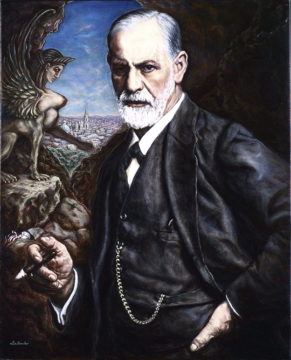
 The first
The first 


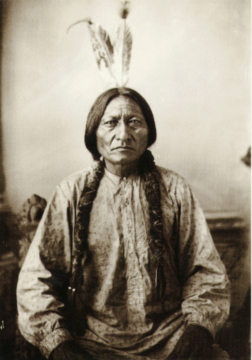
 Jeffrey Gibson. Chief Black Coyote, 2021.
Jeffrey Gibson. Chief Black Coyote, 2021.
 Lucky you, reading this on a screen, in a warm and well-lit room, somewhere in the unparalleled comfort of the twenty-first century. But imagine instead that it’s 800 C.E., and you’re a monk at one of the great pre-modern monasteries — Clonard Abbey in Ireland, perhaps. There’s a silver lining: unlike most people, you can read. On the other hand, you’re looking at another long day in a bitterly cold scriptorium. Your cassock is a city of fleas. You’re reading this on parchment, which stinks because it’s a piece of crudely scraped animal skin, by the light of a candle, which stinks because it’s a fountain of burnt animal fat particles. And your morning mug of joe won’t appear at your elbow for a thousand years.
Lucky you, reading this on a screen, in a warm and well-lit room, somewhere in the unparalleled comfort of the twenty-first century. But imagine instead that it’s 800 C.E., and you’re a monk at one of the great pre-modern monasteries — Clonard Abbey in Ireland, perhaps. There’s a silver lining: unlike most people, you can read. On the other hand, you’re looking at another long day in a bitterly cold scriptorium. Your cassock is a city of fleas. You’re reading this on parchment, which stinks because it’s a piece of crudely scraped animal skin, by the light of a candle, which stinks because it’s a fountain of burnt animal fat particles. And your morning mug of joe won’t appear at your elbow for a thousand years.